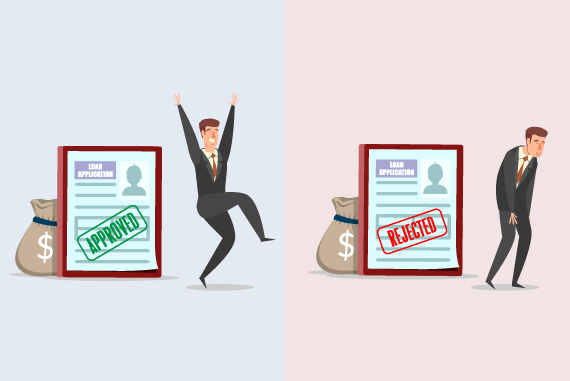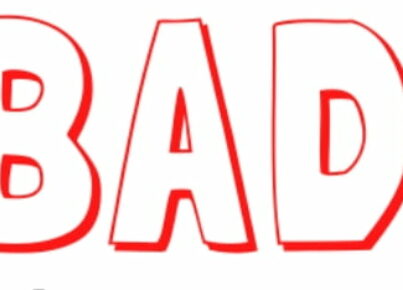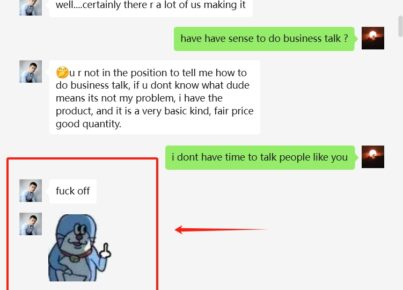When you apply for a personal loan, the first thing most lenders do is run your credit report. Your credit score is based on your credit history, the amount of credit you’ve taken out, and your ability to repay debts, among other factors. Because personal loans are unsecured loans with no collateral, lenders will use your credit score to determine whether lending to you is a dangerous venture. While it is a common misconception that persons with Low CIBIL score cannot obtain a personal loan, the truth is that many lenders provide personal loans to people even with low credit scores.
What is a CIBIL Score & How it works?
Your CIBIL Score (Credit Information Bureau Limited) is how banks and other financial institutions determine your creditworthiness. It’s a personal identification number that notifies the bank how responsible you are with your loans and credit cards. The Credit score is one of the most important factors in determining whether or not a loan will be approved. The CIBIL score was India’s first credit rating system, and it is recognized by all banks as a reliable source of information about a person’s credit rating.
The CIBIL score system works in a similar way to credit score systems in many other nations. A number between 300 and 900 is issued to you as a score. The number you receive is based on information provided by the banks to CIBIL.
This data is a compilation of your personal loan, house loan, auto loan, and credit card repayments. If you make all of your payments on time, you should expect to have an excellent credit score. If you miss payments or do not repay your credit card on time, your credit rating will suffer, making it more difficult for you to obtain credit in the future. Utility bill payments will be included in CIBIL, which means that depending on when you pay your phone, power, or water bills, your score may improve or decrease.
What causes a Low CIBIL Score?
Because CIBIL ratings are meant to be a reflection of your financial habits, they fluctuate depending on how you manage your loans and credit cards. These are some of the things that can affect your CIBIL score negatively.
Personal loans- Because personal loans are unsecured, taking out too many of them will eventually hurt your CIBIL score.
Missing loan payments- If you miss a loan repayment, it may be considered as poor financial planning thus, lowering your credit score and making it more difficult to obtain loans in the future.
Nearly exhausting your credit card limit- Coming too close to your credit card limit too often indicates chronic debt and an inability to manage money effectively, resulting in a drop in your CIBIL score.
Failure to pay credit card dues on time- Just like not paying your loan EMIs on time, not paying your credit card dues on time can also have a negative impact on your credit history.
Failure to pay credit cards in full- You may believe that paying the minimum due on your credit card or a little more than that is sufficient to keep things under control, however, this is not the case. While your bank may be unconcerned about your outstanding balance, CIBIL sees it as a red flag. Outstanding balance is not a good thing for CIBIL, and it tends to lower your scores.
Not having any credit- It may appear that not having any loans or credit cards is a favorable situation to be in, but it is not. Because you don’t have a credit history, your credit score is 0 by default, which indicates that if you ask for a loan or a credit card, your chances of being rejected are higher.
Coming too near to your credit card limit- Coming too close to your credit card limit too often indicates chronic debt and an inability to manage money effectively, resulting in a drop in your CIBIL score.
Failure to pay credit card dues on time- Just like not paying your loan EMIs on time, not paying your credit card dues on time can have a bad impact on your credit history.
Settlement of credit cards- If you have settled credit cards, that is, if you have negotiated with the bank and canceled a credit card after paying an amount less than what was due on the card, your credit history will receive a red flag that could cause problems in the future.







You must be logged in to post a comment.